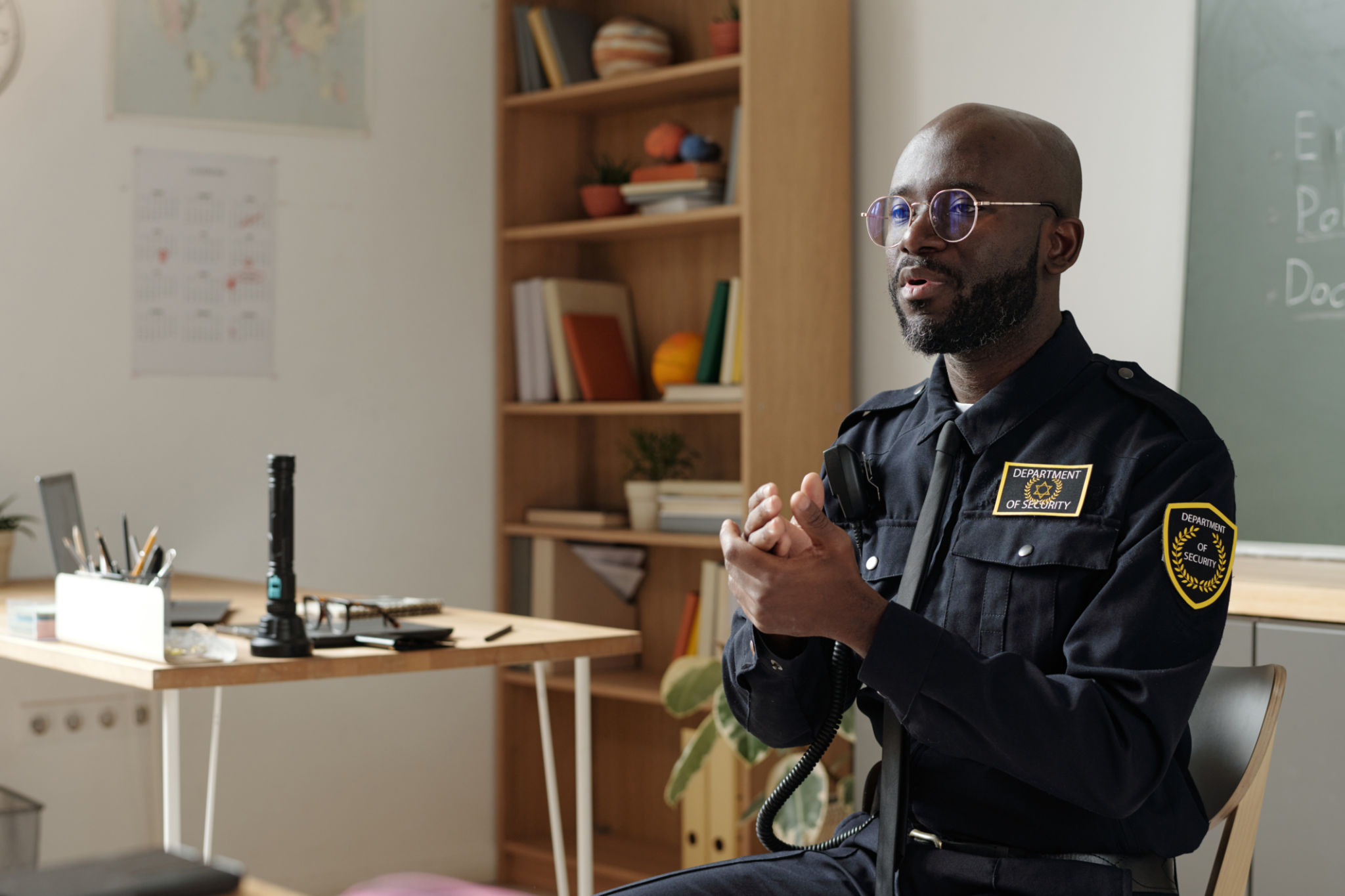Guide to Law Enforcement Careers in Cook County: Opportunities and Challenges
Exploring Law Enforcement Careers in Cook County
Cook County, Illinois, is home to a diverse range of law enforcement opportunities that serve a population of over 5 million residents. From police officers to detectives and specialized units, those interested in pursuing a career in law enforcement will find numerous pathways and opportunities within the county's jurisdiction.
Working in Cook County offers the chance to engage with a variety of communities and tackle unique challenges. Whether you're drawn to urban settings like Chicago or the suburban areas, each location presents distinct experiences and responsibilities for those in law enforcement.

Opportunities in Law Enforcement
Law enforcement careers in Cook County are not limited to traditional policing. The county's law enforcement agencies offer roles in:
- Patrol Units: Officers maintain public safety and respond to incidents.
- Detective Units: Detectives investigate crimes, gather evidence, and solve cases.
- Specialized Units: Opportunities exist in SWAT, K-9, and cybercrime units.
- Community Policing: Focuses on building relationships with the community to prevent crime.
Each role comes with its own set of responsibilities and requires a specific skill set, providing a broad spectrum of career paths for aspiring law enforcement professionals.
Challenges Faced by Law Enforcement Officers
While a career in law enforcement can be rewarding, it also comes with its challenges. Officers in Cook County often deal with high-pressure situations that require quick thinking and resilience. The diverse nature of the county means that officers need to be adaptable and culturally sensitive to effectively serve their communities.
Another challenge is the ongoing need for training and education. Law enforcement officers must stay updated with the latest laws, technologies, and best practices to efficiently perform their duties. Continuous professional development is crucial for career advancement and personal growth within the field.

The Path to Becoming a Law Enforcement Officer
To become a law enforcement officer in Cook County, candidates must meet specific requirements. These typically include being at least 21 years old, possessing a valid driver's license, and having a clean criminal record. Education requirements can vary; however, a college degree in criminal justice or a related field can be advantageous.
The selection process often involves a series of tests, including written exams, physical agility tests, and interviews. Successful candidates are then required to complete police academy training, where they learn essential skills such as self-defense, firearm handling, and community interaction techniques.

Career Advancement and Growth
For those already in a law enforcement career, advancement opportunities are abundant. Officers can rise through the ranks by gaining experience, demonstrating leadership skills, and pursuing further education. Promotions can lead to supervisory roles or specialized positions within various units.
Additionally, Cook County offers numerous professional development opportunities, encouraging officers to continue their education through workshops, seminars, and advanced training programs. This commitment to growth helps ensure that the county's law enforcement remains effective and responsive to the needs of its communities.
Contributing to Community Safety
A career in law enforcement in Cook County is more than just a job; it's a commitment to community safety and service. Officers play a vital role in maintaining order and ensuring that residents feel safe and secure. By building strong relationships with the community, law enforcement professionals can help foster trust and cooperation.
The dynamic environment of Cook County provides an exciting backdrop for anyone looking to make a meaningful impact through a career in law enforcement. While it comes with its challenges, the rewards of serving and protecting such a diverse community are immeasurable.